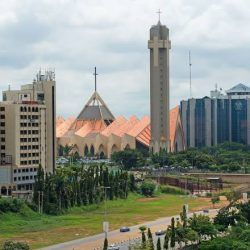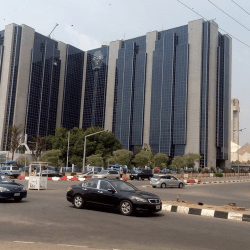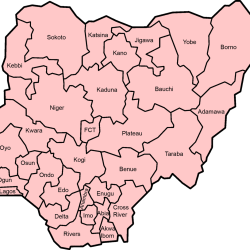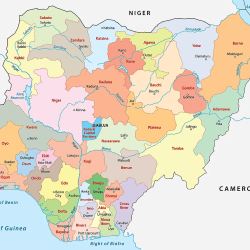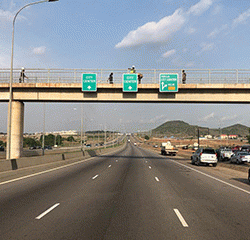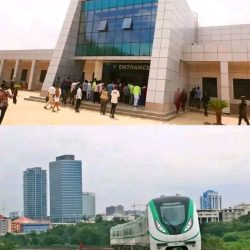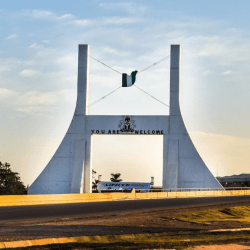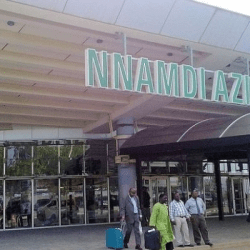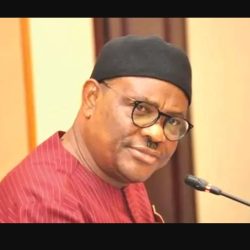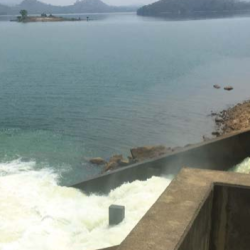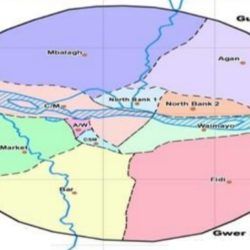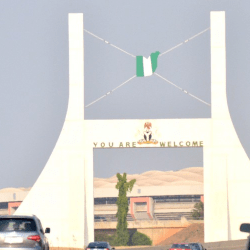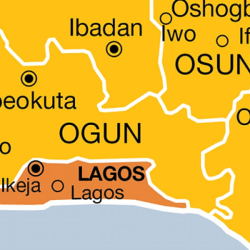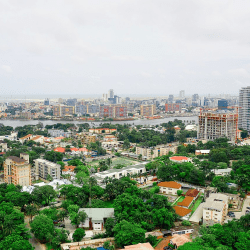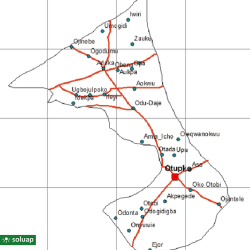Abuja is Nigeria’s Federal Capital Territory (FCT). Abuja city (metropolis) and the larger area (including nearby suburbs and distant rural areas within the official boundary) all make up the Federal Capital Territory.
When referring to Abuja, or similar federal territories, one may either mean (1) the city, (2) the larger (often rural areas) or both.
In the context of council wards listed by Soluap (soluap.com) Abuja refers to the whole Federal Capital Territory (both the city and the larger suburban areas).
Abuja has 6 Local Council Areas and 62 council wards, namely:
Abaji
List of council wards in Abaji, Abuja
The council wards in Abaji are:
Abaji Central
Abaji North East
Abaji South East
Alu Mamagi
Gawu
Gurdi
Nuku
Rimba Ebagi
Yaba
Agyana/Pandagi
Bwari
List of council wards in Bwari, Abuja
The council wards in Bwari are:
Bwari Central
Byazhin
Dutse
Igu
Kawu
Kubwa
Kuduru
Shere
Ushafa
Usuma
Gwagwalada
List of council wards in Gwagwalada
The council waerds in Gwagwalada are:
Dobi
Gwagwalada Central
Gwako
Ibwa
Ikwa
Kutunku
Paiko
Staff Quarters
Tunga Maje
Zuba
Kuje
List of council wards in Kuje, Abuja
The council wards in Kuje are
Chibiri
Gaube
Gudunkariya
Gwargwada
Kabi
Kuje Central
Kujekwa
Kwaku
Rubochi
Yenche
Kwali
List of council wards in Kwali, Abuja
The council wards in Kwali are:
Ashara
Dafa
Gumbo
Kilankwa
Kundu
Kwali Central
Pai
Yangoji
Yebu
Wako
Municipal
List of council wards in Municipal, Abuja
The council wards in Municipal are:
City Centre
Garki
Gui
Gwagwa
Gwarinpa
Jiwa
Kabusa
Karshi
Karu
Nyanya
Orozo
Wuse
| SN | COUNCIL WARD | COUNCIL AREA |
| 1 | ABAJI CENTRAL | ABAJI |
| 2 | ABAJI NORTH EAST | |
| 3 | ABAJI SOUTH EAST | |
| 4 | ALU MAMAGI | |
| 5 | GAWU | |
| 6 | GURDI | |
| 7 | NUKU | |
| 8 | RIMBA EBAGI | |
| 9 | YABA | |
| 10 | AGYANA/PANDAGI | |
| 11 | BWARI CENTRAL | BWARI |
| 12 | BYAZHIN | |
| 13 | DUTSE | |
| 14 | IGU | |
| 15 | KAWU | |
| 16 | KUBWA | |
| 17 | KUDURU | |
| 18 | SHERE | |
| 19 | USHAFA | |
| 20 | USUMA | |
| 21 | DOBI | GWAGWALADA |
| 22 | GWAGWALADA CENTRAL | |
| 23 | GWAKO | |
| 24 | IBWA | |
| 25 | IKWA | |
| 26 | KUTUNKU | |
| 27 | PAIKO | |
| 28 | STAFF QUARTERS | |
| 29 | TUNGA MAJE | |
| 30 | ZUBA | |
| 31 | CHIBIRI | KUJE |
| 32 | GAUBE | |
| 33 | GUDUNKARIYA | |
| 34 | GWARGWADA | |
| 35 | KABI | |
| 36 | KUJE CENTRAL | |
| 37 | KUJEKWA | |
| 38 | KWAKU | |
| 39 | RUBOCHI | |
| 40 | YENCHE | |
| 41 | ASHARA | KWALI |
| 42 | DAFA | |
| 43 | GUMBO | |
| 44 | KILANKWA | |
| 45 | KUNDU | |
| 46 | KWALI CENTRAL | |
| 47 | PAI | |
| 48 | YANGOJI | |
| 49 | YEBU | |
| 50 | WAKO | |
| 51 | CITY CENTRE | MUNICIPAL |
| 52 | GARKI | |
| 53 | GUI | |
| 54 | GWAGWA | |
| 55 | GWARINPA | |
| 56 | JIWA | |
| 57 | KABUSA | |
| 58 | KARSHI | |
| 59 | KARU | |
| 60 | NYANYA | |
| 61 | OROZO | |
| 62 | WUSE |

Abuja is the capital of Nigeria. It replaced Lagos as the capital on 12 December 1991.
Situated at the centre of the country within an area called Federal Capital Territory (FCT), it is a planned city built with use of a master plan that was made by International Planning Associates (IPA), a consortium of some American planning and architecture firms, and Planning Research Corporation.
The Central Business District of Abuja was designed by Japanese architect Kenzo Tange. Abuja is both an administrative and commercial city.
Its location at the centre of the country enables Nigerians from all states to reach it relatively easier.
Largest Area Councils by Number of Wards
The Municipal Area Council (AMAC), which covers the central city of Abuja, has the largest number of wards (15) due to its dense population and urbanized environment. As the administrative and commercial center of the FCT, AMAC includes neighborhoods such as Garki, Wuse, and Maitama, which require more wards to manage local governance effectively.
Smallest Area Councils by Number of Wards
The **Kwali, Kuje, Abaji, and Bwari
The Role of Council Wards in Abuja
Council wards are fundamental to the governance of Abuja’s Area Councils, serving as electoral units that ensure grassroots participation in local decision-making processes. Each ward elects a councilor, who represents the ward’s interests in the Area Council’s legislative body. Council wards are the most direct link between the residents and the local government, ensuring that every community has a voice in the governance of their Area Council.
